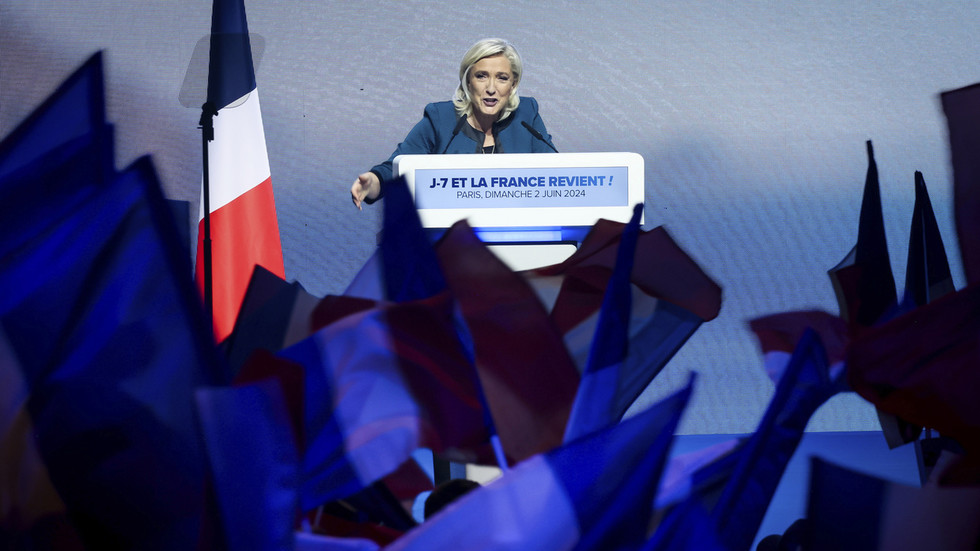The footage played in court lasted only seconds. A 16-year-old boy, dressed all in black with his face covered, hurled a rock towards riot police from the steps of Bolton’s cenotaph. Around him people chanted: “Allah! Allah! Who the fuck is Allah?”
Little over two weeks later the teenager stood, bewildered, in the glass dock of Manchester youth court, with a conviction for violent disorder.
“Do you know what sentencing means?” asked the district judge Joanne Hirst. “Err, like where you go down,” the boy replied from beside two security officers. His mother wept throughout the 30-minute hearing and clasped the hand of her husband, who had packed the boy’s clothes in a sports bag, fearing the worst.
The boy’s political views were “generally nonexistent”, his solicitor, Ellie Akhgar, told the court. He was not racist and had a mixed-race sibling, his parents said. Asked by Hirst to describe the importance of the cenotaph, he answered: “I don’t even know what that is.” The judge replied: “Well that’s a disgrace in itself.”
Having never before been in trouble with the police, the teenager was now among the hundreds on a conveyor belt to prison after the prime minister ordered a “robust and swift response” to the worst civil disorder in England since 2011.
One of the youngest to be charged is a 12-year-old boy – described by one tabloid as “the UK’s worst rioter” – who admitted violent disorder for taking part in two disturbances, one outside a hotel housing asylum seekers in Manchester on 31 July and a planned far-right march in the city centre four days later.
The boy’s family told Manchester youth court he had ADHD and that they had struggled to control his behaviour. His solicitor said the boy was “absolutely ashamed” and very upset by the hurt caused to his family, before the judge spared him detention this month. The boy’s mother was ordered to pay £1,200 in compensation after skipping her son’s sentencing to go on holiday to Ibiza.
Despite the inevitable interest in the youngest offenders, there has been little focus on who they are or why, in the week when millions of teenagers picked up their GCSE and A-level results, dozens received criminal records.
The Guardian’s reporting from youth courts suggests very few shared openly racist or anti-immigration views. Judges were told time and again that the youths had taken part in the unrest more as a social event, rather than a protest.
Akhgar, the solicitor for the 16-year-old boy in Bolton, told the court he had practically no views on immigration or knowledge of politics. “Being involved [in the unrest] and simply wanting to belong to something that is happening seems to have been the major motivation,” she said.
Akhgar said his case “speaks loudly about how young people are being influenced not just by the local commentary but the impact of social media and online campaigning”.
The teenager was given a 12-month referral order with a requirement to undertake rehabilitative work after Hirst, the judge, said she believed his participation was a “one-off”.
In a different courtroom, in Sheffield youth court, a judge heard how a 17-year-old boy had brandished a piece of wood while making threats to asylum seekers at a hotel in Rotherham. His solicitor, Michael Jones, said the teenager had gone to the rally with friends after seeing it on social media and was there for no more than 30 minutes.
Jones told the judge, Simon Blakebrough: “He has none of the extremist views that have been attributed to many of those who were there. He had gone because he was being nosy.”
The boy, supported in court by his two tearful foster carers, was bailed to be sentenced at a later date.
The Guardian heard how many of the youngsters in court had come from difficult backgrounds and a significant number had previous convictions or cautions, despite a drastic reduction in the number of criminal records handed out to youths in recent years.
Just over one in three of the 485 juveniles prosecuted for taking part in the 2011 riots had no previous convictions, according to official figures – higher than the rate for adults (one in five).
The Ministry of Justice has not yet published statistics on the outcome of youth court cases related to the disorder, but is expected to do so in the coming months. Official figures show that the proportion of young offenders sentenced to immediate custody was six times higher for offences committed during the 2011 disturbances, compared with the previous year. The average length of custodial sentences was higher too.
Ross Little, a criminologist at De Montfort University and a trustee at the National Association for Youth Justice, said the “rush to punish” risked labelling the youngsters as racist or extremist while ignoring the wider circumstances.
“When you’re talking about violent disorder this can carry prison sentences. Riot charges carry even more prison time,” he said.
“In the context where efforts over decades to reform and amend prisons for children have failed, sending more children into young offender institutions doesn’t seem to be a particularly good idea.”
In 2011, a significant proportion of young people involved in those riots had special educational needs and disabilities. They were also more likely to be from more deprived backgrounds.
Nazir Afzal, the former CPS chief crown prosecutor for north-west England, said cuts to youth services and severe delays in mental health support had left “extremely vulnerable” young people more exposed than ever to being drawn into civil disorder.
He added: “It’s no surprise that young people are getting involved in this type of criminality because we haven’t begun to address those issues.
“To address these issues long-term we need to invest in youth services and mental health services. That’s the answer. But where’s the money?”

 By The Guardian (World News) | Created at 2024-09-26 06:15:12 | Updated at 2024-09-30 13:24:50
4 days ago
By The Guardian (World News) | Created at 2024-09-26 06:15:12 | Updated at 2024-09-30 13:24:50
4 days ago



